FanDuel-Jaguars Settlement
The recent $5 million settlement between FanDuel and the Jacksonville Jaguars has brought to light one of the most shocking financial scandals in recent NFL history. At the center of the case is Amit Patel, a former Jaguars employee who stole millions from the team and funneled a significant portion into online sports betting accounts, including those operated by FanDuel. According to Dr. Sophia Rodriguez, a sports finance expert, “This case highlights the vulnerabilities that even large organizations like NFL teams face without robust financial oversight and responsible gaming practices.”
The Amit Patel Case
Patel’s scheme, which lasted from 2019 to 2023, involved exploiting the Jaguars’ virtual credit card program to steal over $22 million. Instead of using these funds for team operations, Patel deposited them into sportsbook accounts, where he placed high-volume bets. In March 2024, Patel pleaded guilty to wire fraud and illegal monetary transactions, receiving a 6.5-year prison sentence. The Jaguars subsequently filed a $66.6 million civil lawsuit against him to recover damages. As noted by Professor Tom Harris, a gaming law specialist, “The Patel case underscores the need for sportsbooks to implement more effective systems for detecting and preventing suspicious betting activity, particularly when it involves large sums of money.”
Settlement and Implications
Although FanDuel was not accused of wrongdoing, the platform received a substantial portion of Patel’s stolen funds. The $5 million settlement, encouraged by the NFL, demonstrates FanDuel’s commitment to cooperating with the league and its teams. This move also protects FanDuel’s standing as a trusted NFL sports betting partner. However, as Patel has filed a $250 million lawsuit against FanDuel, alleging that the sportsbook fueled his gambling addiction, the case is far from over. Patel’s lawsuit claims that FanDuel offered him VIP perks, credits, and incentives while ignoring suspicious deposit activity.
Key Takeaways
The FanDuel-Jaguars settlement raises critical questions about the intersection of the NFL and legal sports betting. Some key points to consider include:
- Fraud prevention: The case highlights the importance of robust financial oversight, even for billion-dollar organizations like NFL teams.
- Sportsbook accountability: Operators may face growing pressure to monitor unusual betting patterns and prevent the misuse of stolen funds.
- League reputation: With sports betting closely linked to the NFL’s business model, maintaining integrity and transparency is crucial for upholding fan trust.
As highlighted in a study by the Sports Betting Research Institute, “Effective responsible gaming practices and robust financial oversight are essential for preventing such scandals and maintaining the integrity of the sports betting industry.”
Ongoing Litigation and Future Implications
The ongoing lawsuits, including Patel’s $250 million claim against FanDuel, could significantly impact how sportsbooks handle responsible gaming and how the NFL manages its betting partnerships. According to Dr. Rachel Lee, a gaming industry analyst, “The outcome of these lawsuits will likely influence the development of more stringent regulations and guidelines for sportsbooks to prevent similar cases in the future.” The Patel case serves as a cautionary tale about the importance of fraud prevention, sportsbook accountability, and maintaining the integrity of the sports betting industry.
As the legal proceedings continue to unfold, the NFL, sportsbooks, and fans alike will be watching closely to see how this case reshapes the landscape of sports betting and the measures taken to prevent such scandals. The settlement between FanDuel and the Jaguars offers some restitution, but the wider fallout from this case is far from over, with ongoing lawsuits and potential regulatory changes on the horizon. Ultimately, the Patel case stands as a stark reminder of the challenges that arise at the intersection of sports, money, and betting, and the need for robust safeguards to maintain the integrity of the industry.



